Belief in God plunges after torrid year
Atheism surges as Brits stop saving a prayer for a higher power
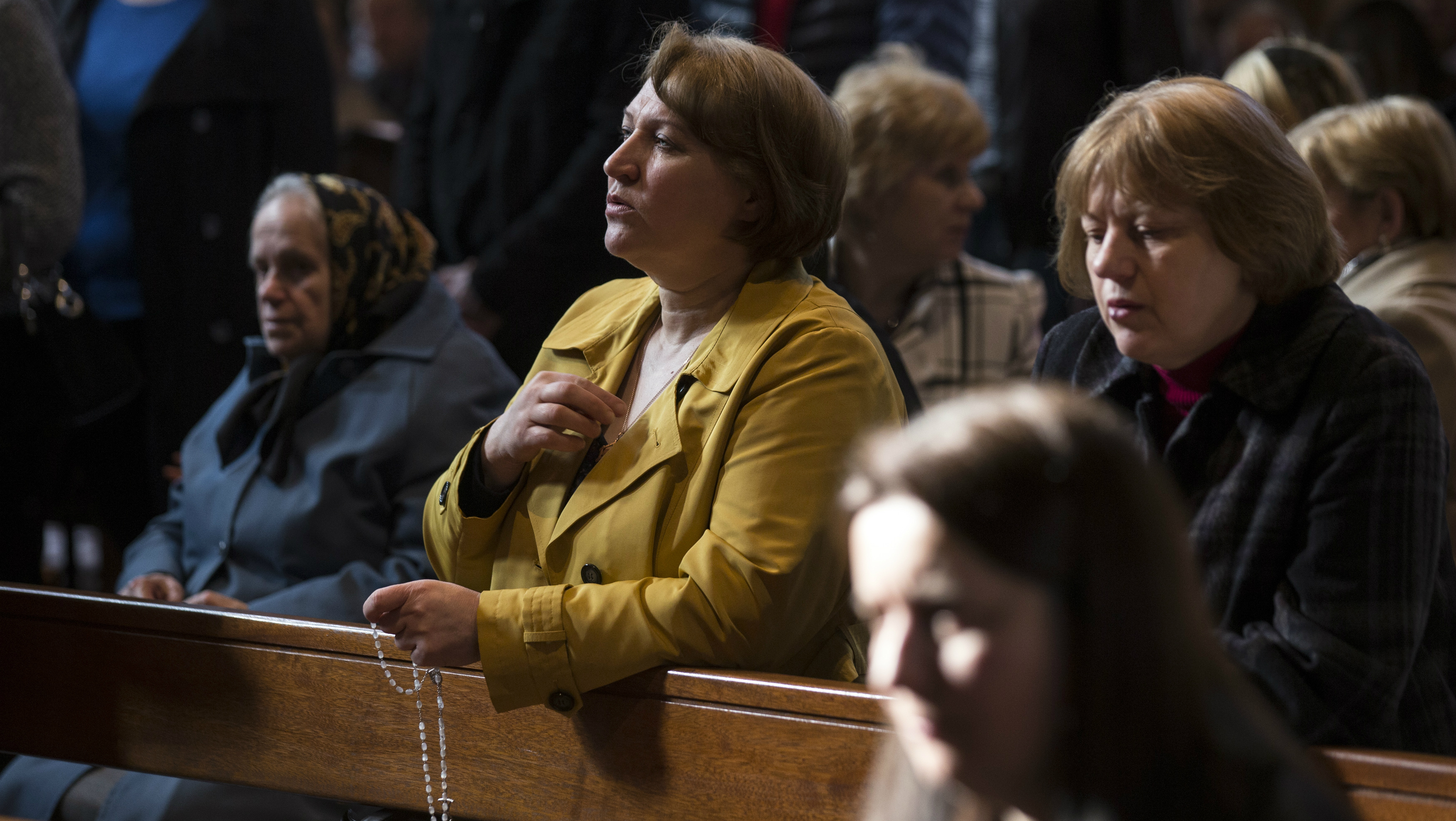
A free daily email with the biggest news stories of the day – and the best features from TheWeek.com
You are now subscribed
Your newsletter sign-up was successful
Forget believing in Santa – the tumultuous events of 2016 appear to have left Britons unable to believe in God.
A YouGov poll for the Times has shown a four-point decline in the percentage of people who believe in a higher power, from 32 per cent in February last year to 28 per cent now.
The drop suggests a far sharper decrease than in previous years, the Times says. Britons' belief in God has long been in decline, but at a rate of about one per cent a year, the newspaper reports, citing a different question used by the British Attitudes Survey in 1991, which found half the population thought there was a god.
The Week
Escape your echo chamber. Get the facts behind the news, plus analysis from multiple perspectives.

Sign up for The Week's Free Newsletters
From our morning news briefing to a weekly Good News Newsletter, get the best of The Week delivered directly to your inbox.
From our morning news briefing to a weekly Good News Newsletter, get the best of The Week delivered directly to your inbox.
By 2008 the number of believers had fallen to about 35 per cent, suggesting a roughly one per cent decline per annum.
Meanwhile the proportion of atheists – people who say they do not actively believe in any kind of god – has risen from 33 per cent to 38 per cent.
The Times says a year of "election surprises, conflict, a refugee crisis and terrorism" appear to have "significantly… dented the public's faith in a god".
Although the newspaper conceded there was no direct line between Brexit and the rising proportion of atheists, it did find 45 per cent of respondents who were "remainers" were atheists, against 35 per cent of those who voted to leave the EU.
A free daily email with the biggest news stories of the day – and the best features from TheWeek.com
Neither did the poll of 1,595 adults make any causal link between falling numbers of the faithful and 2016 events including the election of Donald Trump, the EU referendum and the ongoing troubles in the Middle East.
For those seeking fuller churches, believers are most strongly concentrated in the Midlands and Wales – while the godless are most numerous in London and northern England. Last Christmas, 2.5 million people went to Anglican church services.
Worryingly for religious leaders seeking a future faithful, the young are most likely to be atheists: 46 per cent of the 18-24 age group said there is no god, against 43 per cent of 25 to 49-year-olds, 38 per cent of 50 to 64-year-olds and 25 per cent of the 65 and over demographic.
A similar YouGov poll last year found that while half of people said they considered themselves Christian, Jewish or Muslim, only 32 per cent actually believed in a god, "suggesting a sense of belonging was cultural rather than religious" says The Times.
Still, as beer brewers have found, there might be hope in a more "craft" approach. Although the number of big-denomination churches – Catholic, Anglican and Methodist – has fallen over the last six years, independent churches are surging. Pentecostal denominations have been particularly successful, as have mosques, the survey found.
-
 How the FCC’s ‘equal time’ rule works
How the FCC’s ‘equal time’ rule worksIn the Spotlight The law is at the heart of the Colbert-CBS conflict
-
 What is the endgame in the DHS shutdown?
What is the endgame in the DHS shutdown?Today’s Big Question Democrats want to rein in ICE’s immigration crackdown
-
 ‘Poor time management isn’t just an inconvenience’
‘Poor time management isn’t just an inconvenience’Instant Opinion Opinion, comment and editorials of the day
-
 Sexual abuse and ‘cruel indifference’: the disgrace of the French Catholic Church
Sexual abuse and ‘cruel indifference’: the disgrace of the French Catholic ChurchSpeed Read Landmark report estimates around 330,000 children were abused by clergymen and officials between 1950 and 2020
-
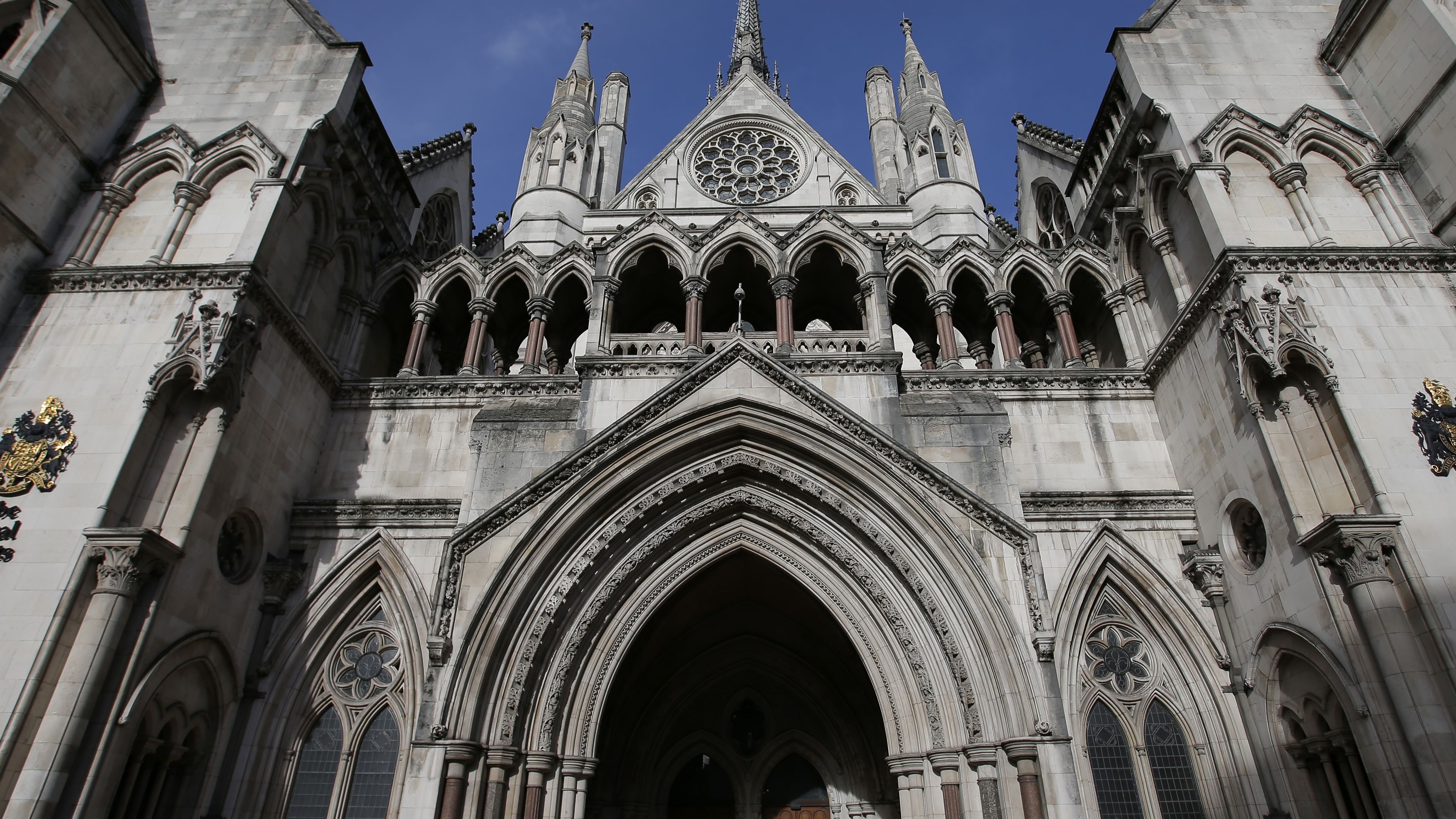 Former Jehovah’s Witnesses sue over historic sex abuse
Former Jehovah’s Witnesses sue over historic sex abuseSpeed Read Group’s controversial ‘two witnesses’ policy has come under fire
-
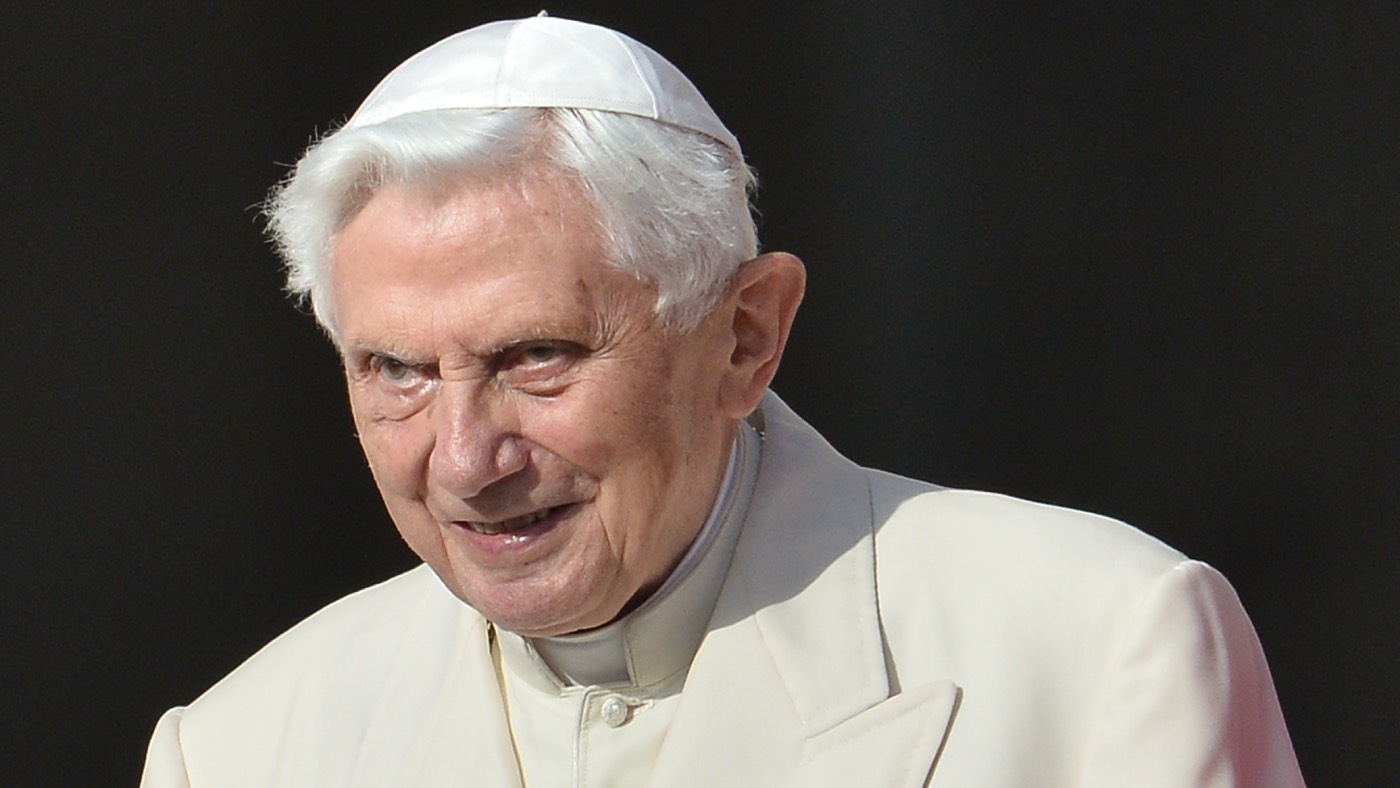 Retired Pope Benedict warns against relaxing celibacy rules
Retired Pope Benedict warns against relaxing celibacy rulesSpeed Read Benedict says he ‘cannot keep silent’ on the issue in new book
-
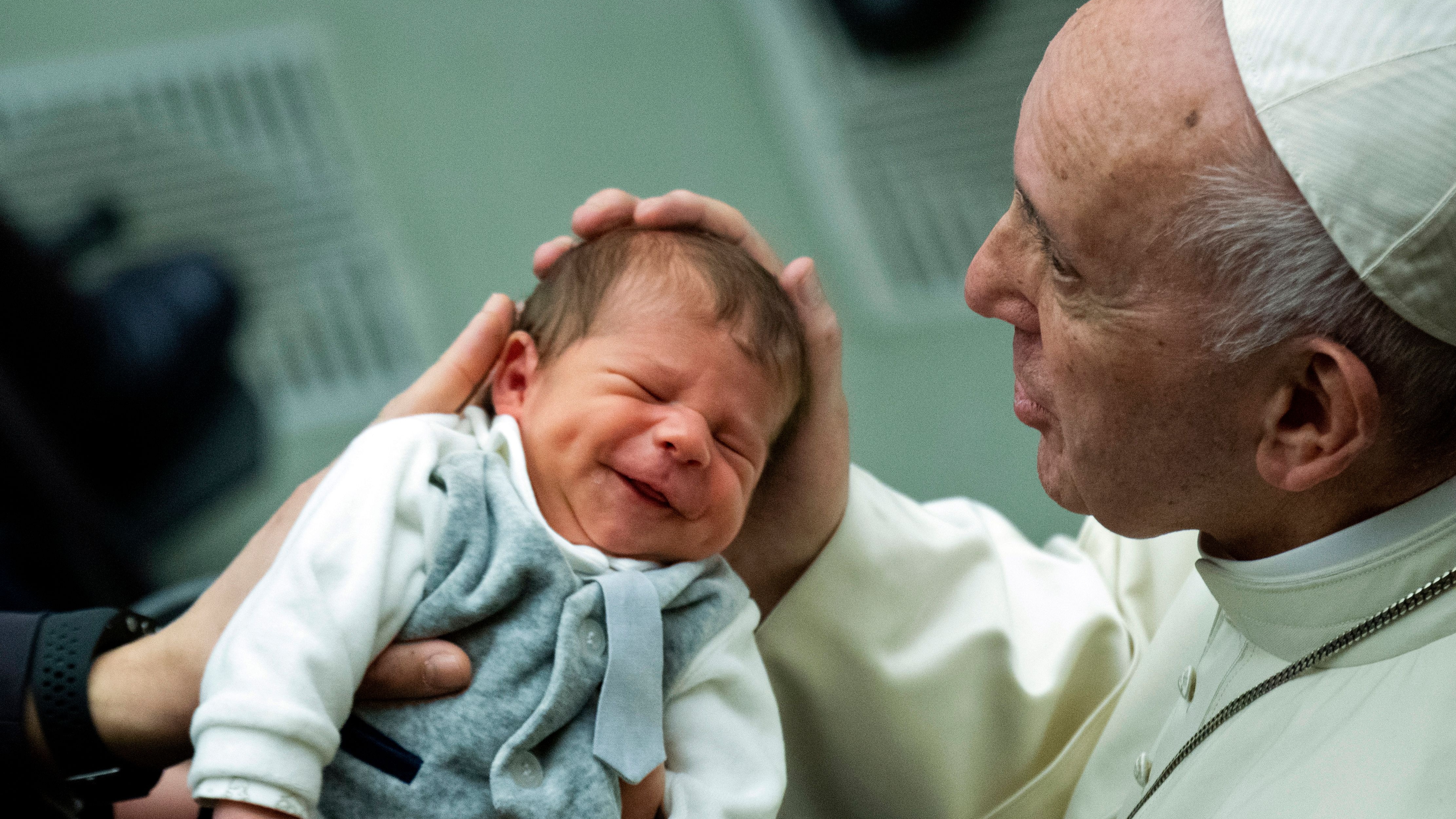 Pontiff passion killer: why Italians have less sex when the Pope’s in town
Pontiff passion killer: why Italians have less sex when the Pope’s in townSpeed Read New study reveals drop in unintended pregnancies following papal visits
-
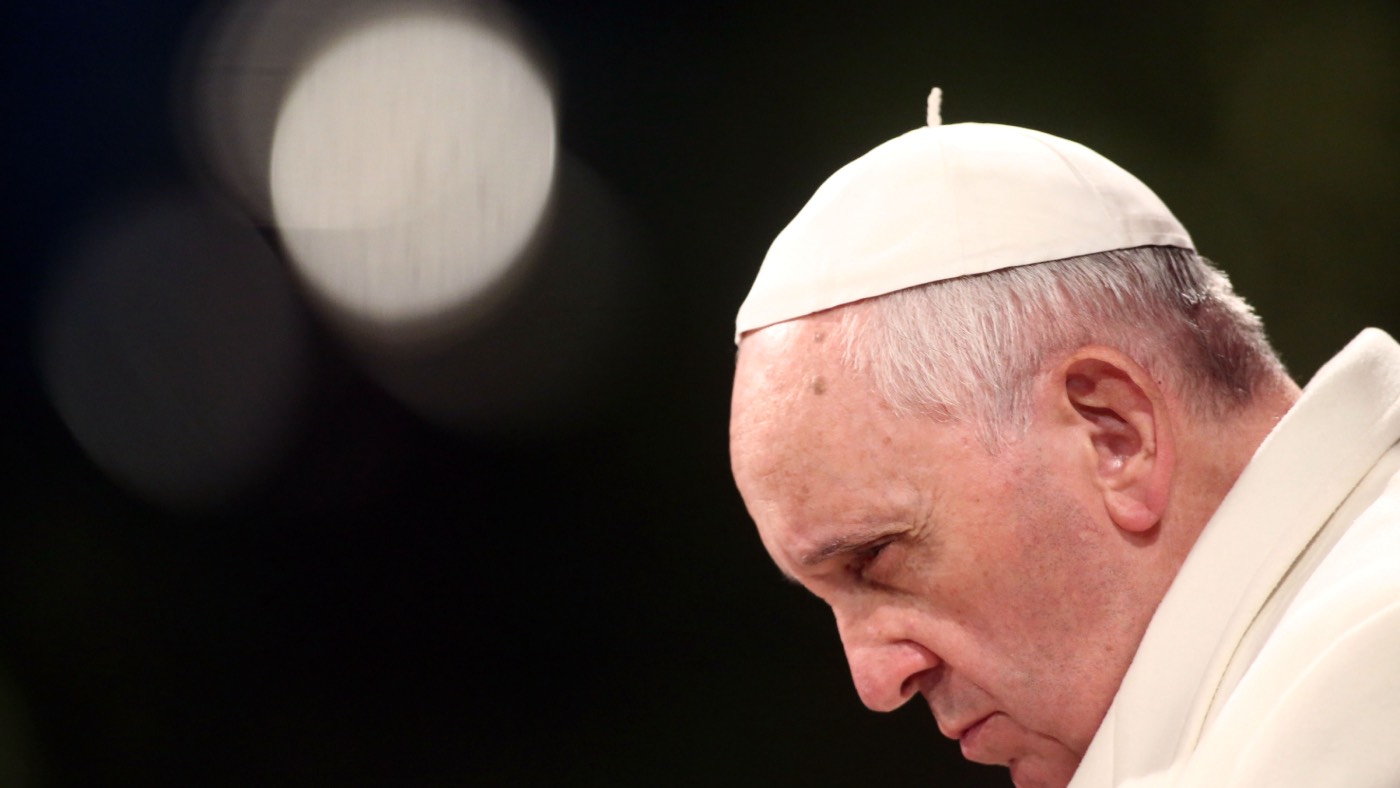 Pope Francis lifts ‘pontifical secret’ rule in abuse cases
Pope Francis lifts ‘pontifical secret’ rule in abuse casesSpeed Read Sex abuse cases will no longer be held in secret as Church wrestles with the issue
-
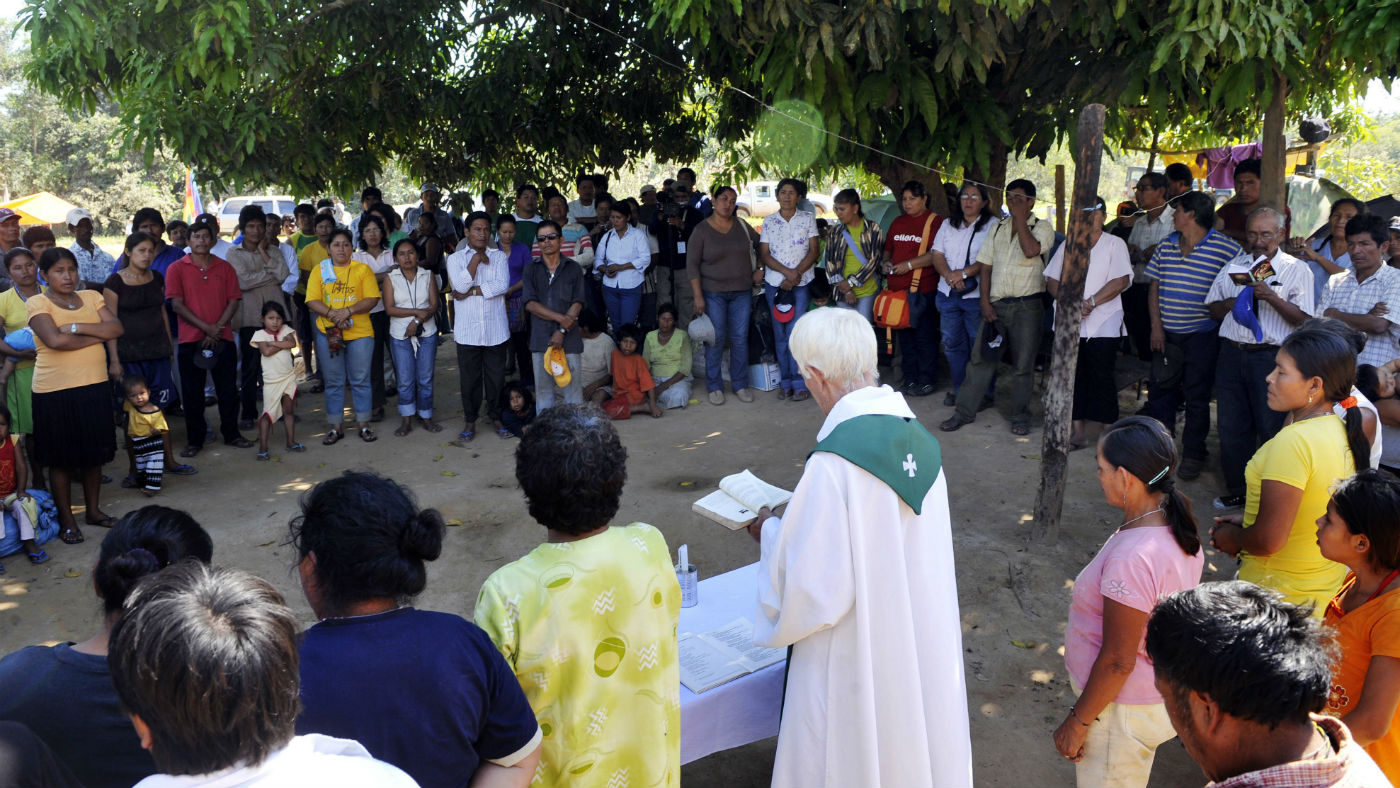 Catholic Church to consider ordaining married men
Catholic Church to consider ordaining married menSpeed Read Ending centuries of orthodoxy, radical plan aimed to address clergy shortage could lead to conservative backlash
-
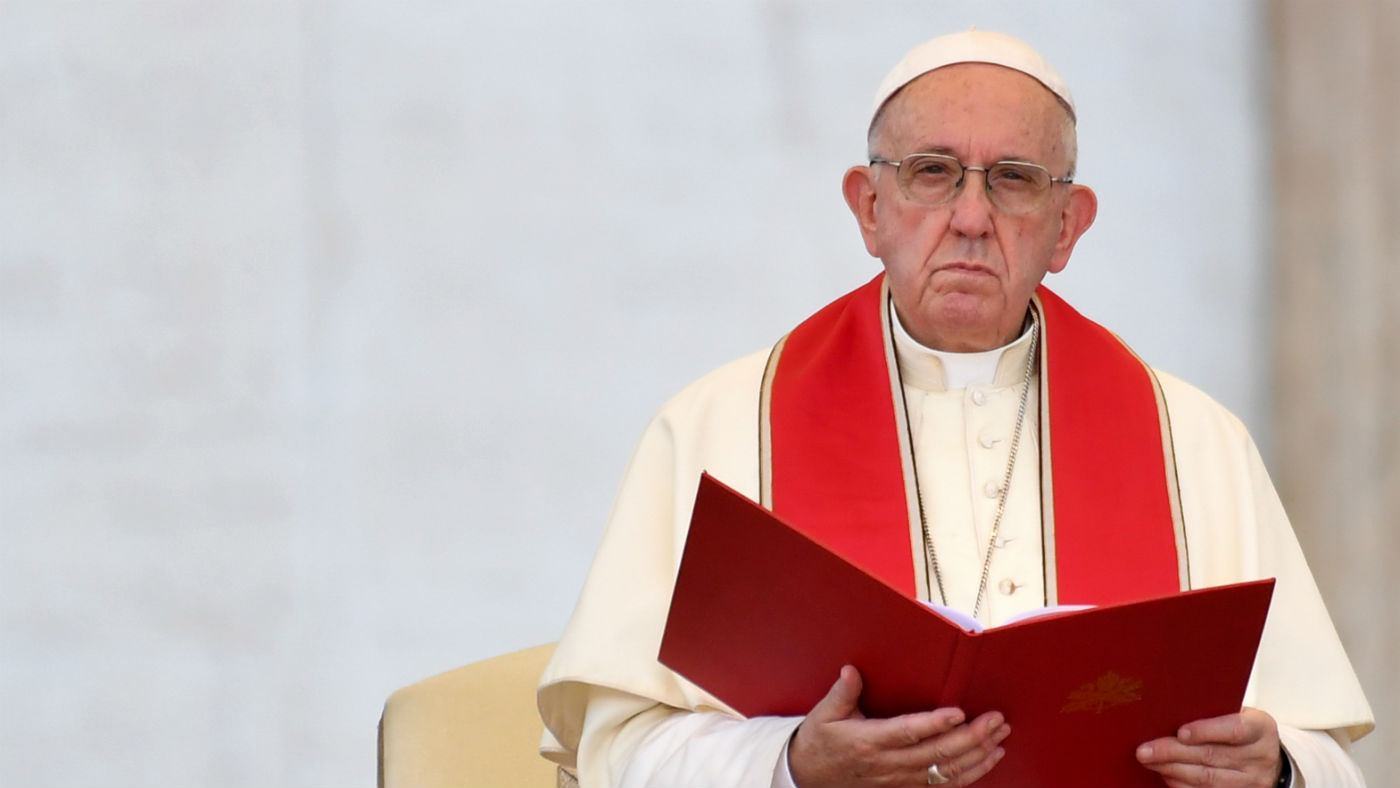 Pope Francis to force clergy to report sex abuse
Pope Francis to force clergy to report sex abuseSpeed Read New law will make it compulsory for all Catholic priests and nuns to report abuse and cover-ups by superiors
-
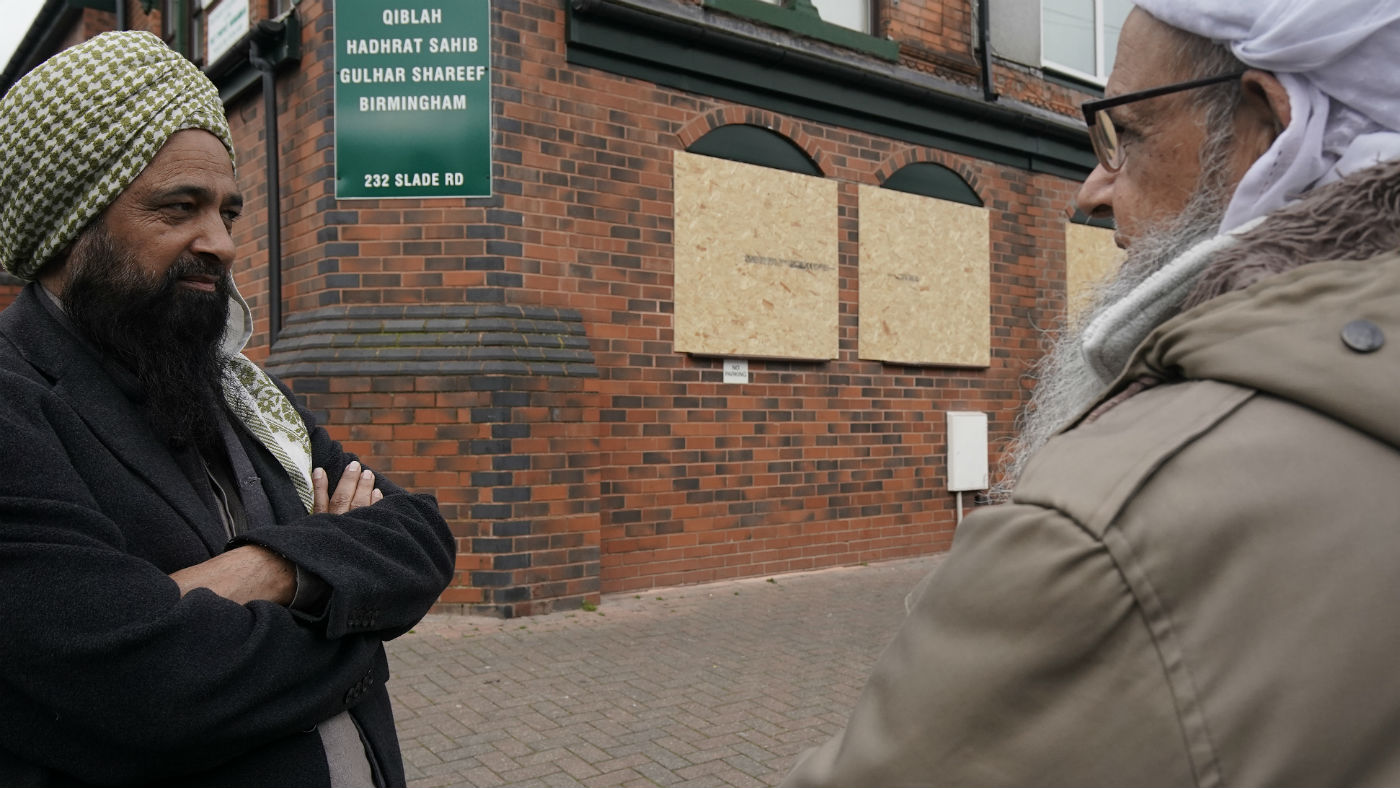 Are Birmingham mosque attacks linked to Christchurch?
Are Birmingham mosque attacks linked to Christchurch?Speed Read Counter-terrorism police investigating five incidents which the Muslim community claim are related to last week’s massacre in New Zealand